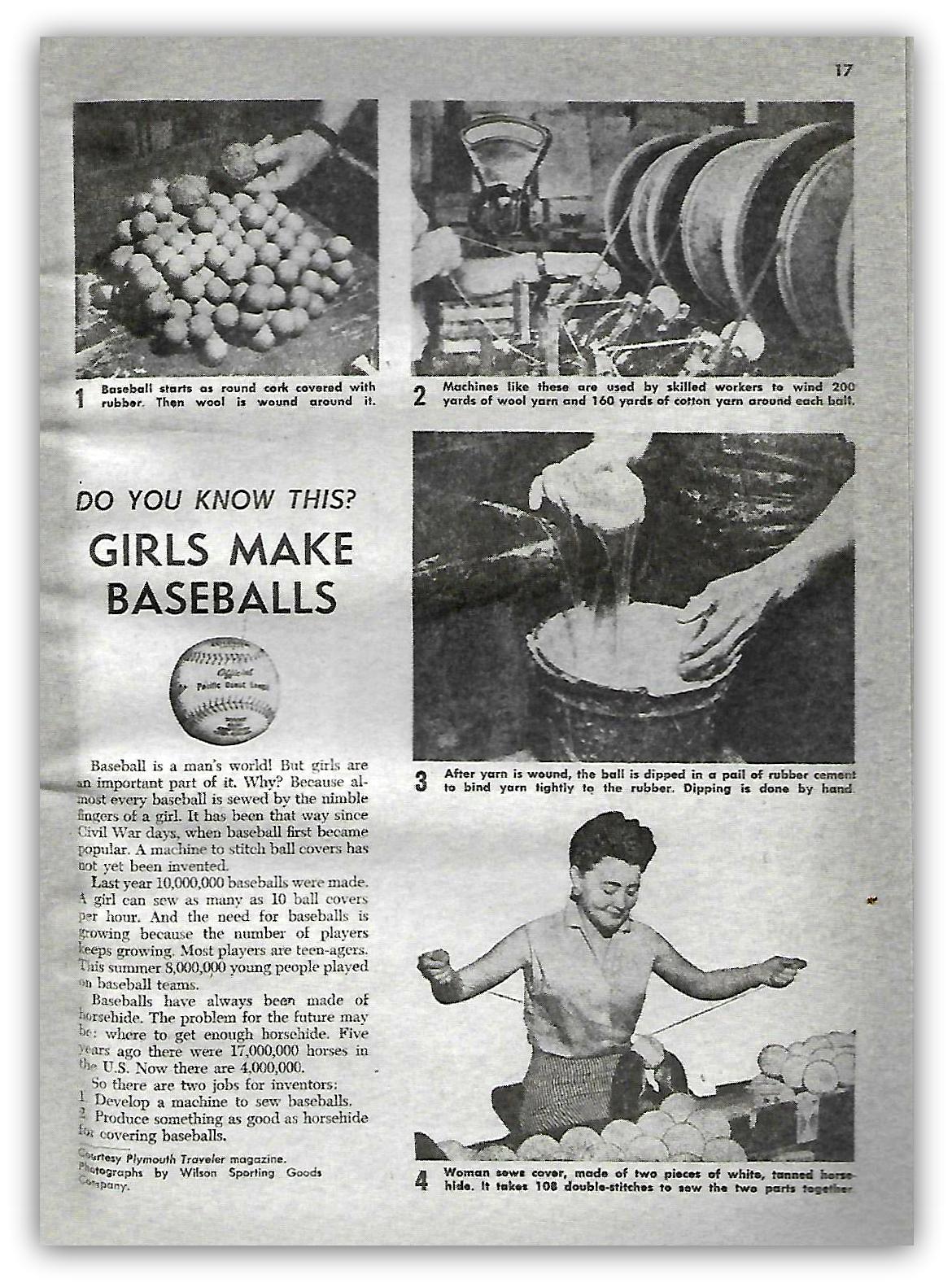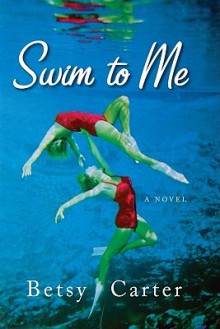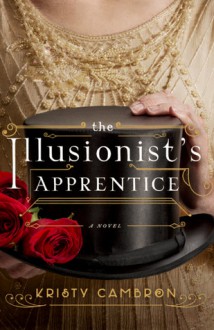
Hattie Owen enjoys peaceful Millerton summertimes with "houses nodding in the heavy air," being in charge of Miss Hagerty's breakfast tray at her parents' boardinghouse, and drinking lemonade on the porch after supper. Yet this year, it's different -- Hattie's uncle Adam is coming home. Returning from a Chicago school that's just closed and whose existence is kept quiet by adult family members, Adam is a 21-year-old man with a child's mind, having a knack for talking quickly, a savant-like ability for remembering weekdays, and a passion for I Love Lucy. Hattie and Adam wind up spending precious time together -- including a visit to the recently arrived carnival with Hattie's new friend, Leila -- which makes her feel soulfully connected to her uncle, especially when he declares that she's "one of the people who can lift the corners of our universe." But when Hattie takes Adam on the ferris wheel one night, it sets off dramatic events that lead Hattie's family to strengthen its bonds and changes her life's outlook forever.
Amazon.com
Young Hattie Owen has enjoyed the peaceful pace of life in her small Midwestern town of Millerton these past 11 years, helping her parents run the local boardinghouse. That pivotal summer in the 1960s, on the cusp of her 12th birthday, brings a new reality, one that will shake Hattie to her very core. That is the summer she is introduced to Adam.
Hattie grew up knowing her mother, Dorothy, to only have one brother, Hattie's Uncle Hayden. But quite suddenly one day, it is revealed that in fact she has another uncle, Adam, whose existence has been kept secret from her all these years. Adam, Dorothy's youngest sibling, has been away in Chicago, living at a special school for those with mental illnesses or disabilities. Though he was never given a certain diagnosis, it is believed Adam suffers from either schizophrenia or autism. Now that school is permanently closing, so Adam is sent home to stay with his parents until new living arrangements can be made.
Though initially startled by the news of Adam's existence, Hattie is undeniably curious about him. Before long, she finds they are actually something of kindred spirits, both knowing deep loneliness and a sense of not quite belonging in this world. It is also during this most important summer that a circus comes to Millerton, the biggest event to happen to the place in years! This circus brings Hattie a new friend, Leila, the niece of the circus owner and daughter of Pretzel Woman (a contortionist, I'm guessing). Leila's introduction into the story also fits in with the theme of not fitting into societal norms. In one conversation, Hattie asks Leila if it bothers her that people pay to stare at her mother who performs in a sideshow. Hattie's telling response, "It's better than them staring and not paying."
While Adam displays many traits commonly attributed to autism -- repetitive behaviors, fascination with / memorization of entire TV show episodes, emotional meltdowns over seemingly minor instances -- Hattie does lay out her confusion regarding his diagnosis (or lack of) and what it means in regards to the rest of her family:
I don't know exactly what is wrong with Adam, but maybe it is one of those diseases that runs in families. Maybe that is why Nana and Papa seemed ashamed of him. And maybe... is that why Mom and Dad never told me about Adam? To keep the knowledge of his illness from me? Do they maybe even think that I'm a little like Adam? Is that why Mom wants me to be like other kids -- so she can prove to herself that I won't turn out like Adam one day? I twist around and look at my family. I can't stop the questions from coming, And I can't ask a single one of them.
Though not overly complex in plot (but stayed tuned for the Ferris Wheel incident and all that follows up to the end!), A Corner of the Universe will definitely give young readers a small taste of the stigma that surrounded mental disorders during this era. Author Ann Martin does offer some impressive character studies within this story that will surely stir up healthy discussion. Most notably, there's Hattie's grandmother, one of the wealthiest women in Millerton. "Nana" had grand dreams of having that enviable family with the perfect husband and gorgeous & talented children. As life would have it, her youngest son required being placed in a group home and her daughter Nana pinned such hopes on, well... she "married beneath her", deciding to shack up with a "lowly" artist! Additionally, now her granddaughter has proven to be a bit of a social pariah, preferring to keep to her library books and inside her own mind.
But it's not just Hattie's grandmother who causes her to wonder. When Hattie asks about why she is an only child, her mother responds with a pat answer of, "Well, you were just so perfect we didn't want to push our luck." After meeting Adam and observing how Dorothy acts around him, Hattie suspects she was kept an only child because her parents might have feared possibly having a child like Adam.
Hattie doesn't see what the big deal is with Adam's condition. Though Adam is in his early 20s, his parents treat him almost like a toddler. Hattie witnesses his heartbreak when people stare, taunt him and call him things like "Freak Show". But she actually envies the way he views life. He is unabashedly happy in the small moments, endlessly entertained by the minutiae of one's day. Adam's love of soft & pretty things, not to mention is fascination with the lovely bank teller, Angel, boarding at the Owen home, brought to mind Lenny from John Steinbeck's Of Mice and Men, who similarly had a childlike innocent love of the small things in life. But there is also a serious side to Adam that comes out when moments become especially trying for him, a side that shows he is all too aware of what is going on around him and how people see him.
"No one knows," says Adam, "what it is like."
"No, I {Hattie} reply, although I think I might know more than most people.
"You are not an alien, Hattie. I am the only true alien."
But Adam is wrong. I am an alien too.
This novel might strike some as a departure for Ann M. Martin, who is perhaps most well known for her Babysitter's Club series, but Martin also penned Rain Reign, which featured a young girl with Asperger's Syndrome who has a love of homonyms. Those curious about Martin's inspiration for A Corner of the Universe will find the Scholastic's After Words™️ section most helpful. It features an interview with Martin in which she explains that the idea for this particular novel was loosely inspired by events from her own life, namely an uncle she never met but was later told about who was deemed mentally ill. This section of supplemental material also includes historical overview blurbs of cultural topics Hattie references within her story. Also included is a neat reprint of a few pages from a 1960s era Junior Scholastic magazine!

above: "Baseball is a man's world! But girls are an important part of it. Why? Because almost every baseball is sewed by the nimble fingers of a girl. It has been that way since Civil War days, when baseball first became popular..."
For those curious about Adam's trick of being able to recall the day of week of any date in history, there is a page -- "The Amazing Day Finder" -- that teaches readers the math behind this trick so that they too can impress their friends!
While there is some grit and sadness to the storyline, A Corner of the Universe does also show a love for small town life -- the way everyone knows you, the coziness of community coming together, small business owner pride, etc. While living in a small community can have its downside, readers who have experienced the good and have been distanced from it for a time will likely feel a little nostalgia for Hattie's particular little corner of the universe.
A note to parents: this novel does describe a suicide near the end of the story. If you're particular about what images or information your child is exposed to during the younger years, maybe give this one a pre-read through. Though this book does include some sensitive material in that sense, A Corner of the Universe plays an important role in taking the first step towards educating youth on the importance of advocating acceptance and kindness to those who may be struggling with mental disorders / challenges.


 Log in with Facebook
Log in with Facebook 











